Am I a Curapolitan?
As I mentioned in my Initial Reflections, I got very much interested in Post Colonialism during the first weeks of my master. Expecting the lecture on this subject to be dry and boring, my eyes opened in amazement as I listened, to then doze off in thoughts of The Netherlands, Curaçao and Bonaire (see Initial Reflections). I could recognize much of what former British and French colonies had gone through after their independence, especially when considering the relationships with their colonial motherlands. I learned that it’s all about how we view and how we consider ourselves being viewed. At the age of 17 years, I left The Islands, to spend the next 10 years in Europe. Little time did I have to spend on viewing others and thinking about how I was viewed.
On my return to Curaçao in 2010, however, I tumbled on a discussion about our relationships with The Netherlands, on how we (young middle class people who studied and lived in The Netherlands) should keep our identity high, and not adopt habits created during our time abroad, in order to maintain the so called ‘Afro- Curaçao’ identity (Antillian/Dutch newspaper September 20th, 2010).
At this point I felt like the Ghanian-Nigerian writer Taiye Selasi’s ‘Afropolitan’ (a terminology which I had no idea existed at that time). As I dig into the colonial past of Curaçao (I will stick to Curaçao in this occasion), and considering the present relationships between Curaçao and The Netherlands and the way I feel about these, I ask myself: Are we part of a “Young, urban and culturally savvy generation of Curaçaoans and people of Curaçaoan descent with a very global outlook”? (derived from ‘Afropolitan’). Have we lost our native cultural identity, or are we just avoiding the extremes of nationalism?
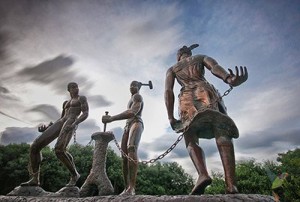
Tula monument in Curaçao. www.curacao-visitor.com
Let’s analyze some factors which might help in answering these questions, starting with the slave history of Curaçao. It was during the 18th and 19th century that Curaçao was the scene of slave trade, due to its perfect location. Some of these slaves were kept in Curaçao, and form part of the ancestry of the people today. In the year 1795, Tula the slave conducted a slave revolt, which contributed a few years later to the abolition of slavery. About 170 years later (in the year 1969), the streets of Willemstad (the capital of Curaçao) were witness to a riot between, simply put, local employees who received lower wages than workers coming from the Netherlands. It was an uprising against Dutch injustice. This 30th of May- riot contributed to the increase use of the native language of Curaçao, which is Papiamento. “Trinta di Mei (May 30th) allowed us to recognize the subversive treasure we had in our language” (F. Martinus Arion, poet, teacher, writer, in a story covered by the New York Times). According to the Curaçaoan sociologist R. Römer, the use of the language Papiamento is a determinant when identifying an autochthonous Curaçaoan, in Papiamento Yu di Kòrsou (literally ‘Child of Curaçao). It plays an important role when defining the national identity of the Yu di Kòrsou. Pierre Lauffer also shows (Poetic) Patriotism, in his compilation of poems Patria (1947), meaning Homeland. In future posts, I’ll talk more about Caribbean post colonial thinkers, as there are many of them.
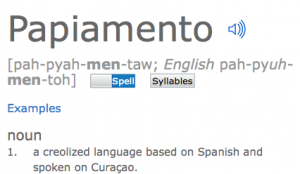
More recently, Curaçao knew yet another ambassador of the Papiamento Language, Mr. Helmin Magno Wiels, the leader of a left political party, killed on May 5th, 2013, who stated that, in the event of becoming independent, Curaçao should ban the use of Dutch, “for it is a dead language”. The slavery clearly shaped the way we felt about The Netherlands and maintaining our own language Papiamento is symbol of our (cultural) national identity.
But, how does the relationship between Curaçao and The Netherlands look like today? The slavery time has passed. We are no longer considered a colony, since the institution of the Netherlands Antilles (in 1954), and since October 10th, 2010 Curaçao is an independent country within the Kingdom of The Netherlands. In the meantime Papiamento is recognised, besides Dutch, as official language in Curaçao since 2007.
Ties between Curaçao and The Netherlands are felt by (among others) the amount of students (around 250 yearly) that leave their island each year to pursue a higher education in Europe. 65% of the college graduates chose The Netherlands as their study destination (data 2013). There are no clear statistics of the amount of students that return after finishing their studies. The ones that do return, are they all considered to have lost their Afro- Curaçaoan identity? Let’s look at some factors that might influence the decision of returning to Curaçao.
A recent study carried out by the Curaçao Ministry of Social Development, Work and Welfare (“goodbye or see you soon”, 2014), shows that exactly the new Country of Curaçao is considered as a factor of influence in the decision of the diaspora, for returning to Curaçao after finishing their studies abroad. The need of contributing to the development of the new country of Curaçao comes from a feeling of nationalism and national identification, as stated by the researchers.
Intention to return to Curaçao is the highest among university graduates compared to people with lesser/no education. People with the dual- identity, feeling as Dutch as Curaçaoan, are often the so called non- returners. But people who decide to come back to Curaçao truly consider this to be their homeland. But the study also shows that some respondents have felt discomfort returning to Curaçao, as they are treated as ‘Macamba pretu’, in English: Black Dutch. Black skinned, without a strong sense of blackness; “acting white”. Maybe these are the Curapolitans, who see themselves as part of the world, rather than part of their country.
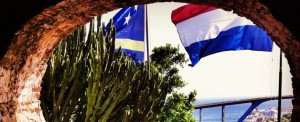
www.mspl-curacao.nl
I want to close with an important celebration held just last month, on December 15th, when The Kingdom of The Netherlands celebrated the 60th anniversary of the Charter of the Kingdom. The Charter stipulates the political relationships between the countries within the Kingdom of the Netherlands. The signing of the Charter is considered as a huge step for the country of Curaçao on their way to emancipation, since it is marked as the official end of the colonial period. The main message during this years’ celebration is a call to respect and dialogue. Equality between the different countries within the Kingdom will have to play an important role in future relationships.
Equality between different people within the same country. That’s what I personally would like to aim for. Does this make me a Curapolitan, who likes jazz and loves to lounge at my favourite bar Saint Tropez, enjoying a unique sunset, while sipping my Rosé? Maybe. I’m more aware today of the blurred lines between different geographies and cultures. But neither do I feel that I “belong to no single geography”, nor do I feel “at home in many” (which an Afropolitan does feel). I’m proud of my language and my country, with its challenges and ‘issues’ that I would like to see changed. Being a Yu di Kòrsou is part of who I am. As the last stanza of the national anthem of Curaçao says: “Let’s thank the Lord, everyday and for ever, that He has found us worthy, of being a Yu di Kòrsou“.
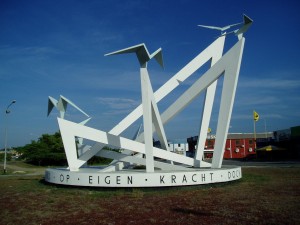
Autonomy Monument Curaçao. www.archief.rnw.nl
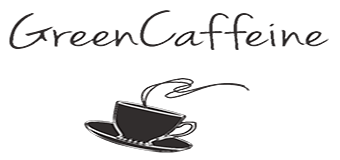
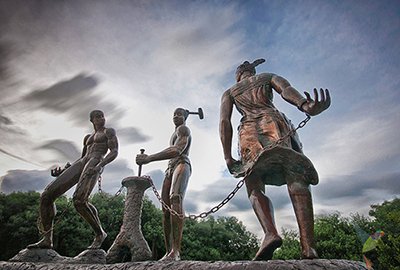
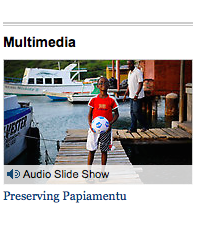
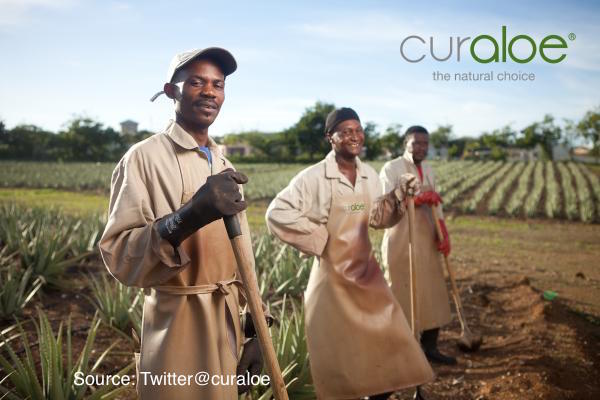
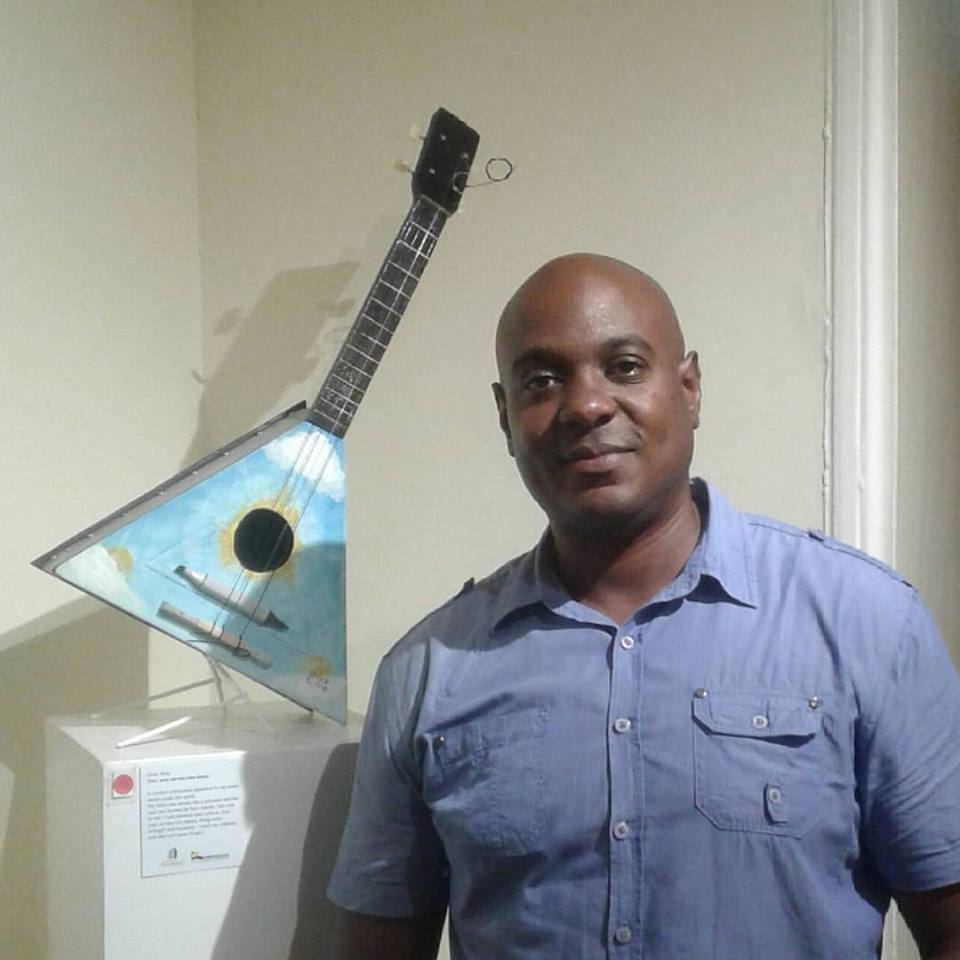
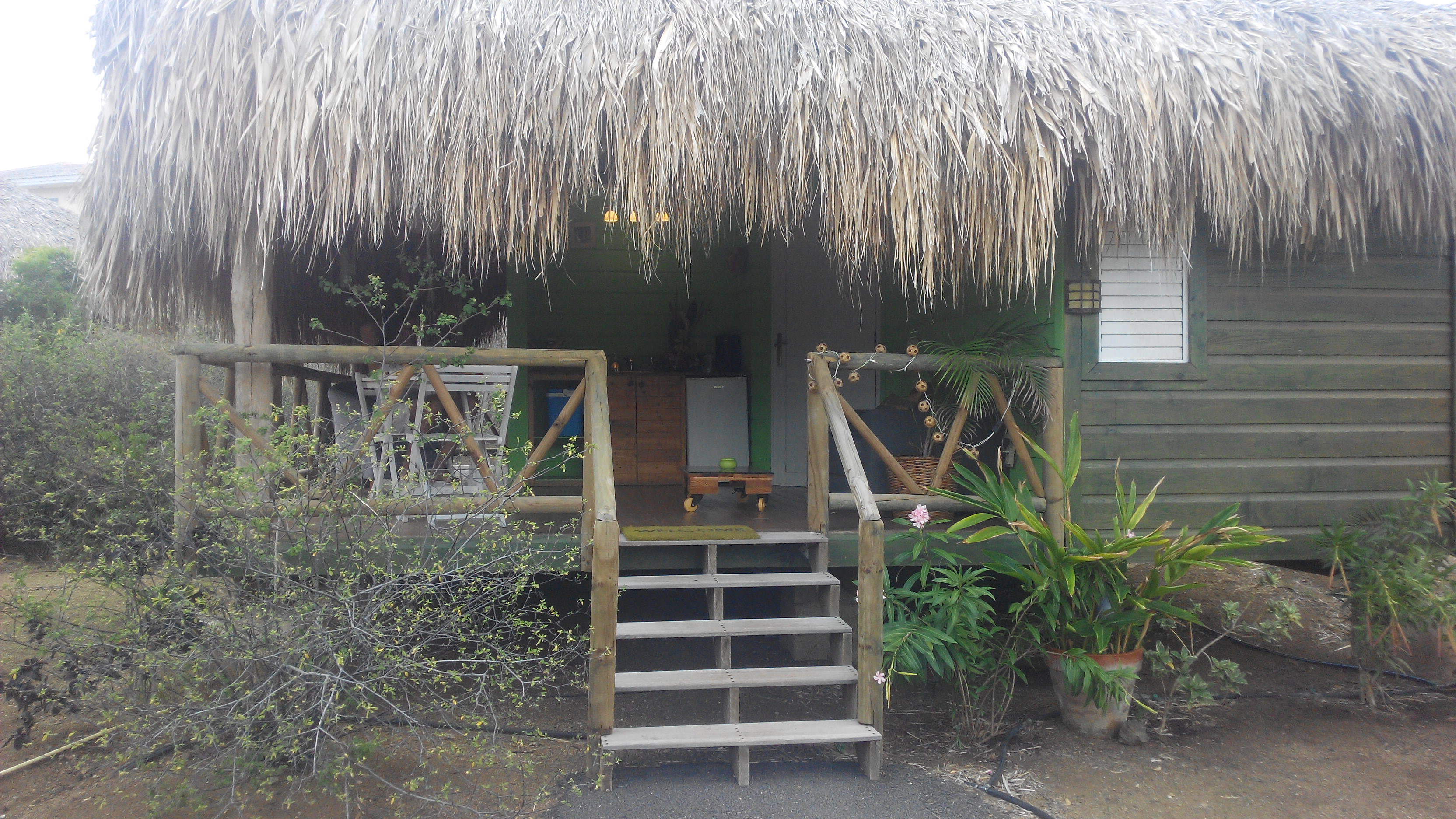





Leave a Reply
Want to join the discussion?Feel free to contribute!